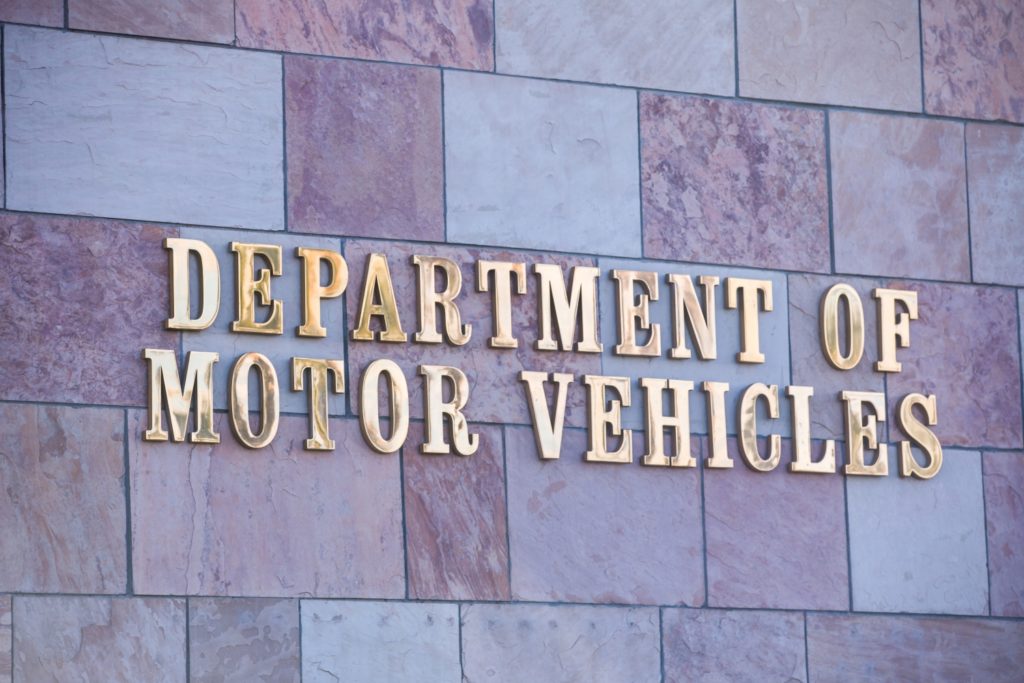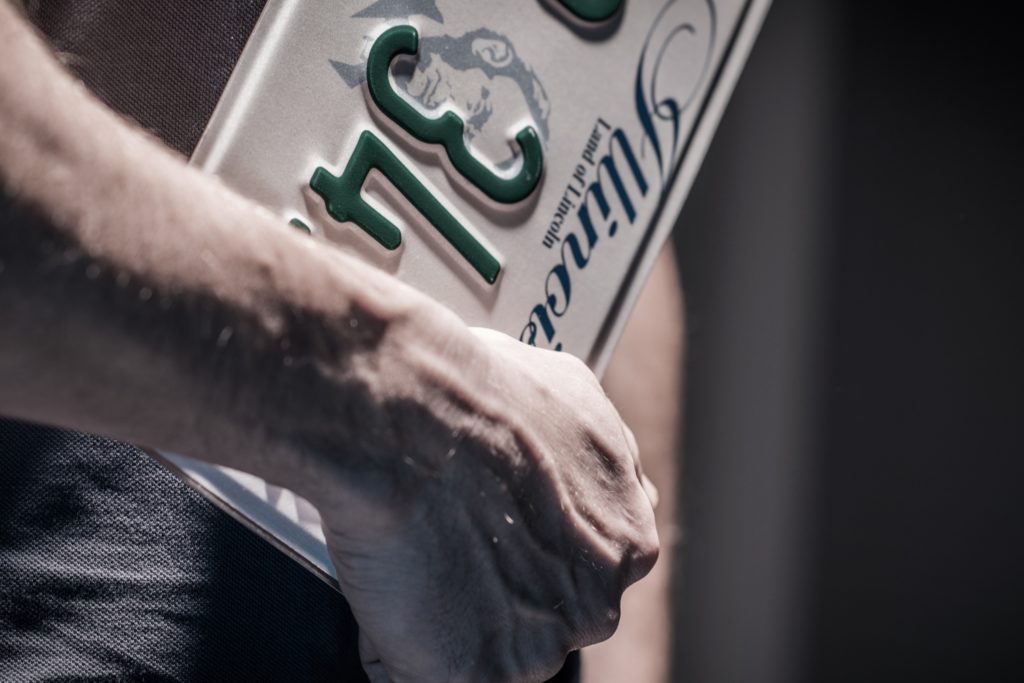In an age when information can be acquired with a few clicks, there’s no such thing as being too overprotective of your personal information. This raises a question asked by many drivers across the country, “What can people do with your license plate number?”
License plate number lookups are a common practice. It’s done for vehicle identification or information verification, depending on the circumstances. Since your license plate is always in plain sight, it may seem like an identity-theft hazard. With so many scams and fraud attempts going around, having your license plate number publicly displayed may raise alarms. In reality, randomly requesting for a license plate report from the DMV isn’t that simple.

If it makes you feel uneasy, here are some facts to help answer your questions and give you some peace of mind:
Should You Hide Your License Plate Number?
It may be tempting to cover your license plate number to protect your privacy. However, it’s against the law to obstruct or cover your license plate. State regulations require drivers to keep their license plates unobscured and free from any material that may cover or affect the plate number’s visibility and legibility.

Unfortunately, some drivers may still prefer to add a coating or wrapping to their license plates to make them less readable. It may seem harmless, but it’s best to pass on it because it’s definitely not worth the attempt. Any type of covering, coating, film, or overlay applied to your license plate is a clear violation of the law, so you can expect to get pulled over and receive a ticket if you get found out. That’s not all you have to worry about. You’ll also get reprimanded and sanctioned by police if they catch you in the act of putting on anything to obscure your license plate number. It’s best to just leave it be and display your license plate appropriately.
What Information Can You Get From a License Plate Number Lookup?
You can get some information about a vehicle if its license plate number gets looked up at the DMV. However, this may be extremely limited, depending on the Driver’s Privacy Protection Act (DPPA) regulations. By law, your privacy is protected, so no one can easily access your sensitive details through a license plate number lookup. You can rest easy knowing that your privacy will remain intact even if your license plate number is mounted on your vehicle and read by everyone.
However, you may still be worried about having a stranger get your personal details using a license plate number lookup. Even if there’s an attempt to do so, they can only get restricted data and acquire just your vehicle’s year, make, and model. It’s also possible for them to get its vehicle identification number (VIN) if there’s an inquiry about a safety notice or recall. Rest assured that they can’t get any more details than that unless there’s a serious reason behind the lookup request.

Can Someone Find Your Address From a License Plate?
If someone else is looking up your license plate number, getting personal details, like your address, may be extremely difficult. The DMV has stringent rules on lookups. They may even require a totally separate process for that, which asks the requester for documentation indicating what the information will be used for. Aside from the process itself, they can only provide minimal information, depending on the incident. A third-party license plate lookup will usually provide you with the following vehicle details:
- Fuel-economy or engine capacity
- Natural damage (sustained from weather, etc.)
- History of maintenance
- Mileage
- Driver criminal history
- Accident history
- Repossession history
It’s likely that you already have these details or they’re easily accessible to you. However, this tedious process is commonly done for specific situations that may involve inquiry about a crime and the authorities, such as hit-and-run incidents, theft, and more. Police officers generally have the authority to do lookups as needed for a case, including civil, criminal, administrative, or arbitral proceedings as well as insurance claims investigations. Even so, they are not allowed to give away or share any data in those lookups. Basically, no one else but the authorities can access information gathered from license plate lookups.
You can learn more by visiting your state’s DMV website and checking out their guidelines on license plate lookups. You can also get guidance about the process and particulars about who can apply for this type of request by contacting your local DMV office.

What Can You Do with a License Plate Number?
One of the most practical uses for a license plate number is to check out the records of a vehicle that you own or recently bought. If you have a used car, you can look up its license plate number to help you learn more about your vehicle for better maintenance and general car ownership. This is usually done if you’d like to get your vehicle’s information, history, status, VIN, and so on. You can also get limited vehicle registration details through this application, but it may require further documentation and verification.
Another important purpose of license plate numbers is identification during road incidents. Some drivers may commit unlawful behavior, which may be reported to police if they aren’t present during the incident. Drivers and pedestrians may take note of a vehicle’s license plate number, so they can easily report it to the authorities. Submitting a road crime report along with a license plate number can help law enforcement easily identify offenders.
It’s important for you, as a driver, to know how license plate numbers and lookups work, so that you know what to do in case you find yourself in a situation that requires vehicle identification. Even if you don’t need to report a vehicular incident anytime soon, at least you’re aware of the process and its restrictions. You also don’t have to worry about getting your privacy violated by strangers who may get your license plate number checked out. You can rest easy knowing that you’re protected by the law and you don’t need to do anything illegal to keep your private information secure.
License Plate Number vs. License Tag Number
You might have heard of the term “license tag number.” What is it, and how is it different from the license plate number?
In most states, the license tag is the registration sticker attached to the license plate. The tag proves that you’ve paid the registration fee for the plate, and you must renew the sticker every year. Thus, the license tag number is the identification number on the sticker.
However, in some situations the terms license plate and license tag are interchangeable. When you hear a police officer say that they’re running the tags, he means the license plate number, not the license tag number. Several states also stopped using license tags.
Any information provided on this Website is for informational purposes only and is not intended to replace consultation with a professional mechanic. The accuracy and timeliness of the information may change from the time of publication.
















